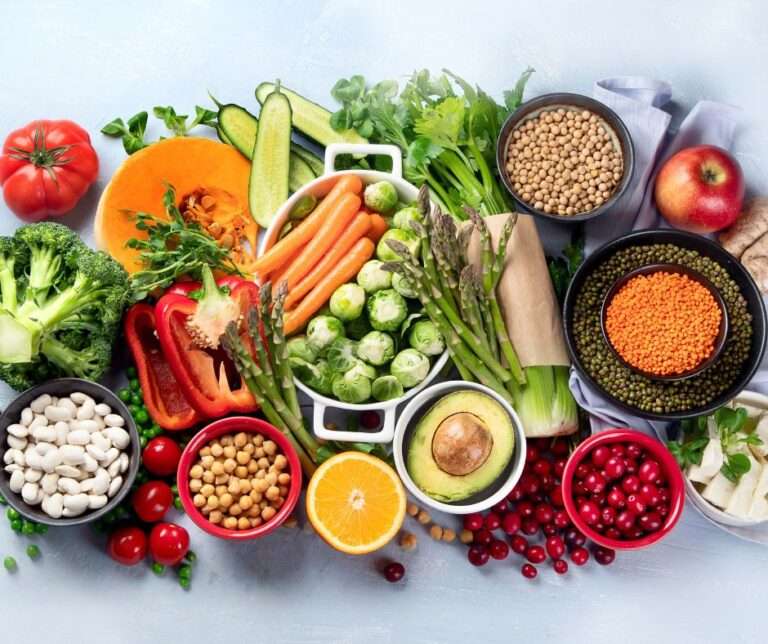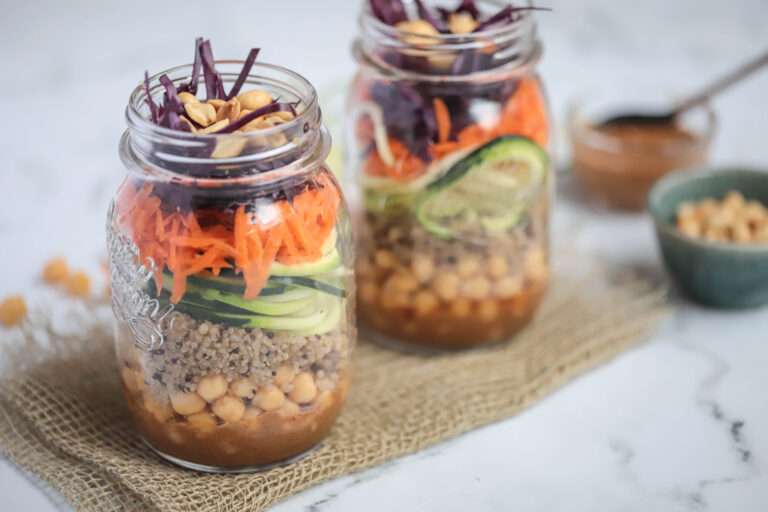Introduction
Did you know that the solution to better digestion might be as simple as picking up a pen? No, seriously! Let me take you on a journey about the surprising connection between journaling and a healthy gut.
Journaling: The Stress Buster You Didn’t Know You Needed
Stress – we all have it, and none of us want it. And while stress messes with our mood, sleep, and overall happiness, there’s another victim we often overlook: our gut.
Why Is Stress So Bad for Our Gut?
Stress wreaks havoc on our digestion. Under stress, our digestion slows down, nutrients aren’t absorbed efficiently, and we can even experience an imbalance in gut bacteria. And if left unchecked, long-term stress might lead to conditions like leaky gut. Not fun.
The Magic of Writing
Enter journaling. It’s like having a chat with a close friend who never judges, interrupts, or spills your secrets. And trust me, it’s therapeutic. Journaling gives you a safe space to let out emotions, both positive and negative. Over time, this simple act can help reduce stress levels.
Personal Anecdote: I remember a particularly challenging phase in my life, where I felt overwhelmed, and my gut was acting out with bloating and irregularities. I started journaling as a way to vent, and not only did it help my mental well-being, but my digestion improved too. It was almost like by penning down my worries, I was physically releasing them from my body.
Digestive Detective: Tracking Food and Feelings
Sure, journaling is great for the soul, but it’s also incredibly insightful for understanding our bodies.
Why You Need to Write What You Eat
Want to be a detective for your body? Start a food journal. By keeping tabs on what you eat and noting how you feel afterward, you can get clues about what’s helping or harming your gut. It’s not just about physical reactions like bloating or heartburn – I mean, they’re essential to track – but also your emotional responses.
There was this time when I realized that eating avocado toast made me feel energized and positive, while sugary cereals made me feel sluggish and a bit gloomy. While the physical discomfort from sugary foods was no surprise, I never connected them to my mood until I started journaling.
Food and Emotions: The Intricate Dance
The emotional reactions you experience from foods can be enlightening. Maybe that homemade soup brings back memories of cozy family dinners, while that fast food burger, tempting as it is, might leave you with a side of guilt. By recognizing these patterns, you can consciously gravitate towards nourishing foods that make you feel great, both inside and out.
Making Journaling a Joyful Ritual
For many, the act of journaling becomes a cherished ritual. But if you’re just starting out, there are ways to make it more enticing.
Invest in Inspiration
To kick off your journaling journey, invest in a beautiful journal. This isn’t about being fancy but about valuing the process. A lovely journal can serve as a daily reminder and inspiration to prioritize yourself. And if you need ideas for some pretty ones, here’s a list I love.
It’s All About You
Remember, journaling is an act of self-love. You’re doing it for yourself, not for anyone else. So, don’t censor or judge yourself – let it flow.





